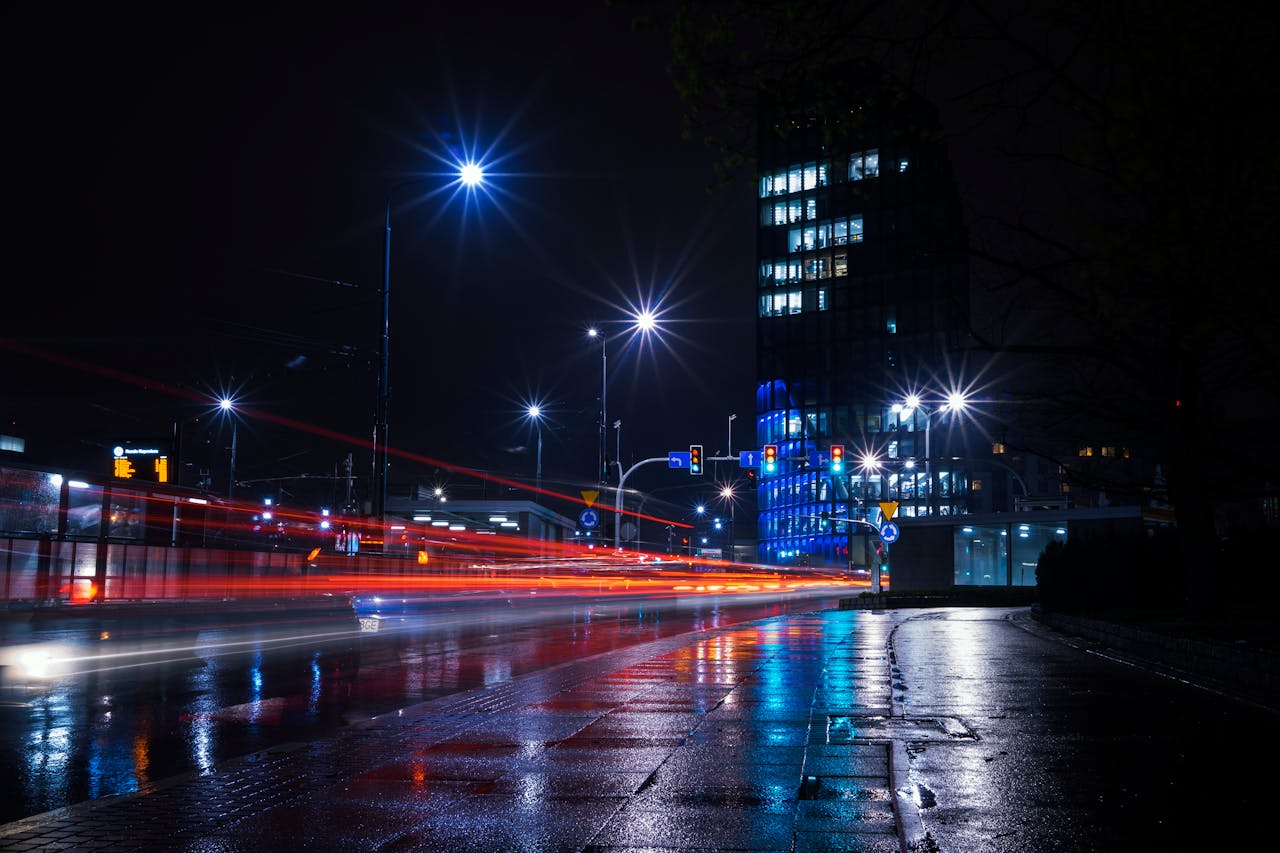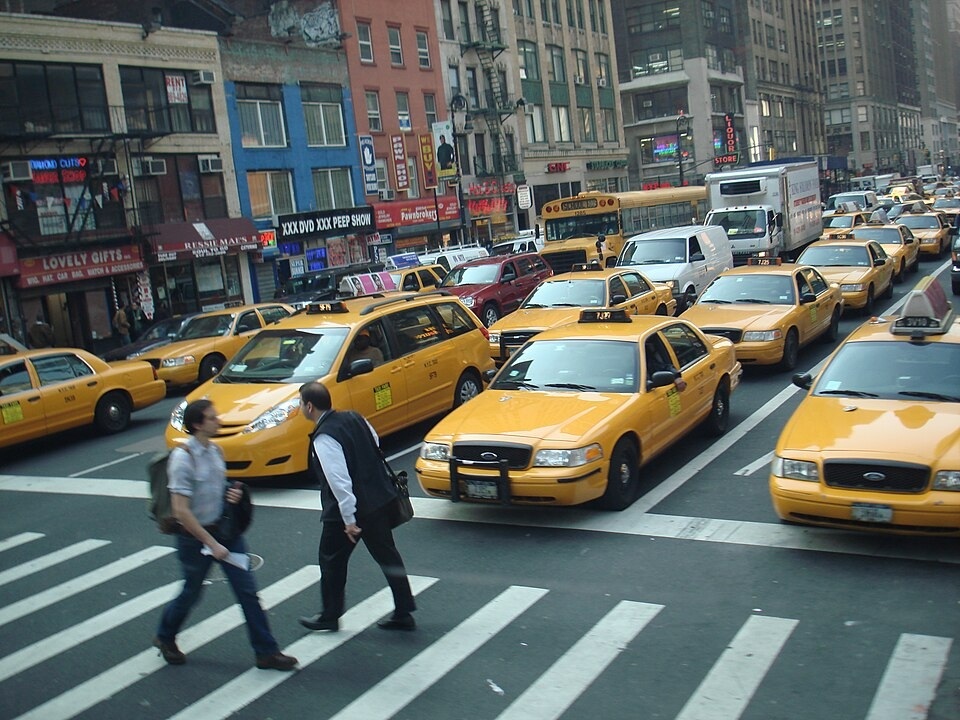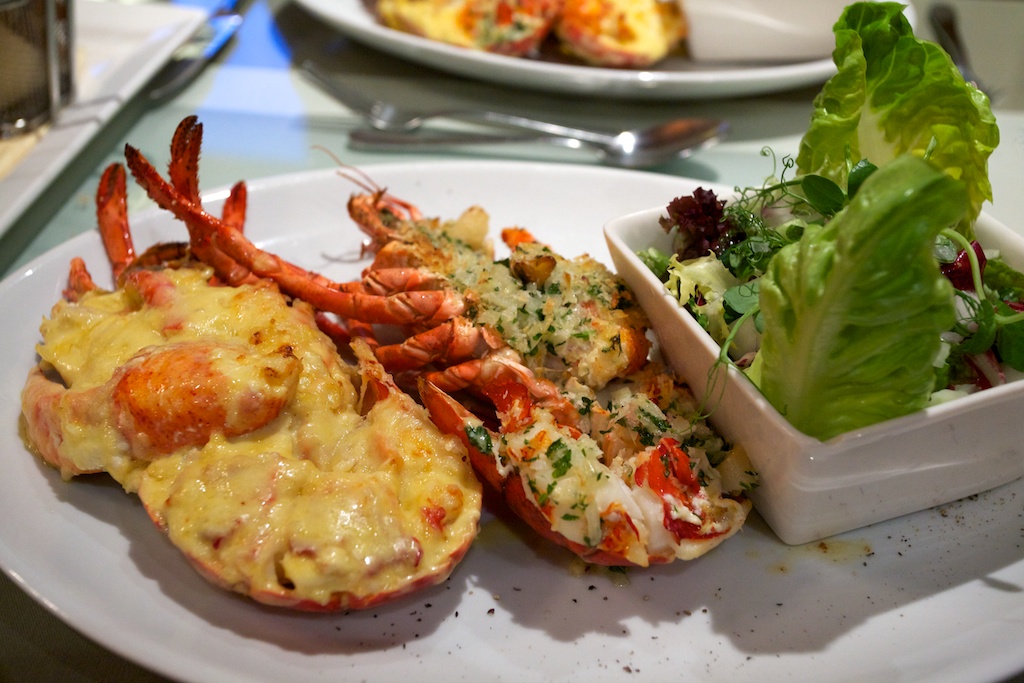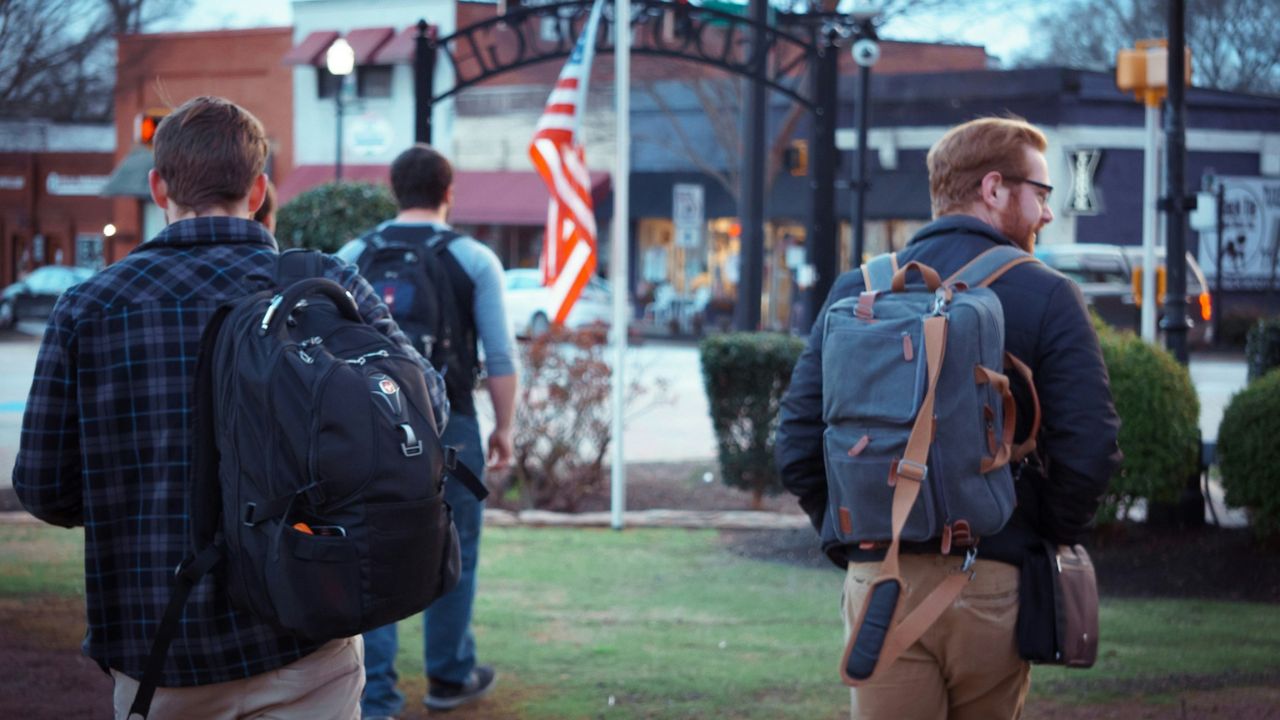Fear travels fast. Facts move slower and ask for context. Many Americans still plan trips around hand me downs from movies, headlines, or a cousin who swears a friend was almost kidnapped by a taxi. Most risks abroad match familiar city logic at home. Neighborhoods vary by block. People respond to respect. Smart routines shrink exposure. Here is a clear look at nine sticky myths and the simple habits that turn anxiety into steady decisions and better days on the ground.
Night Streets Abroad Are Always Dangerous

The myth says every night walk abroad invites trouble. Reality is mixed by district, event calendar, and local policing. Travelers who arrive before dark, note taxi ranks and late buses, and keep to lit corridors usually pass quiet storefronts and sleepy sidewalks. Confidence comes from timing and logistics. Save bar zones for groups. Keep phones zipped on platforms and step aside to read maps. Consistent awareness bores thieves and boring targets are ignored.
Everyone Speaks English

Assuming English solves everything creates friction and avoidable stumbles. Airports and hotels might be fluent while bus depots and rural markets are not. A friendly greeting, please and thank you, and a handful of place names carry surprising weight. Offline translators and screenshots of addresses prevent most snags. Pointing to a route on a map calms nerves on both sides. Respect lands first and grammar catches up later. People help the traveler who tries.
Americans Are Targeted

Thieves chase confusion, not passports. They watch for open bags at crowded doors, frantic cash counts near ATMs, and phones raised on busy stairs. Behavior that blends in wins. Cards split between pockets, a small daily cash roll, and a low limit ATM card turn a tempting mark into a dull prospect. Use hotel safes for backups and keep emergency numbers written down. When attention looks costly and time consuming, most scammers drift away.
Only Cash Is Safe

Thick stacks of bills attract eyes and complicate loss. In many countries chip and PIN and contactless are the norm and create a clear trail if disputes arise. Safer withdrawals happen inside bank branches where tampering is harder. Keep one no fee credit card for purchases and a separate debit card for cash. Hold a modest cash cushion for markets and tips. Receipts and alerts tell a clean story when something feels off.
Rideshares Are Always Risky

Risk depends on city rules, company vetting, and rider habits. In some places a licensed taxi or radio cab is the call. Elsewhere an app ride gives a tracked route, driver ID, and cashless payment that discourages nonsense. Verify plates, confirm the name, and share the trip with a trusted contact. Sit behind the driver. If a route detours, ask for a safe pull over. Traceable trips change behavior because accountability is visible.
Cheap Lodgings Mean Danger

Price signals age or location more than safety. Reviews reveal the patterns that matter most. Look for recent comments on doors, lighting, and staff response at night. Clear photos help. A simple checklist earns calm. Solid door. Secondary lock. Lit entrance. Front desk or host contact reachable after midnight. Fire exits easy to find. Budget stays with predictable routines feel safer than glossy rooms with guesswork. Consistency beats marble lobbies every time.
Border Officers Want To Trap Travelers

Border staff look for clarity, not trophies. A tidy folder fixes most issues before they start. Printed bookings, onward tickets, proof of funds, and a brief plan show credibility. Answers should be short and steady. Problems grow when stories wander or documents live only in a dead phone. Keep a contact address for the first night and know the return date. Calm tone wins minutes back. Preparation shortens screens and ends the drama.
Food Abroad Will Make Everyone Sick

Most upset stomachs begin with fatigue, heat, or too much celebration. Clean hands, sealed water where needed, and hot fresh meals cut risk more than bland diets. Popular lunch counters with fast turnover beat empty dining rooms with resting trays. Add a small kit with salts and a basic fever reducer. Pace alcohol and respect spice learning curves. Curiosity paired with simple hygiene turns strangers kitchens into memory makers rather than cautionary tales.
Headlines Reflect Daily Street Reality

Country level headlines rarely mirror a normal Tuesday in a residential district. Protests cluster around civic squares and often post routes in advance. Check embassy alerts, local news, and hotel guidance for timing and streets to skip. Mark those zones and adjust by hours rather than canceling an entire city. Most days commuters chase buses and kids chase balls. Context replaces fear with awareness and awareness is the safer fuel for any trip.


